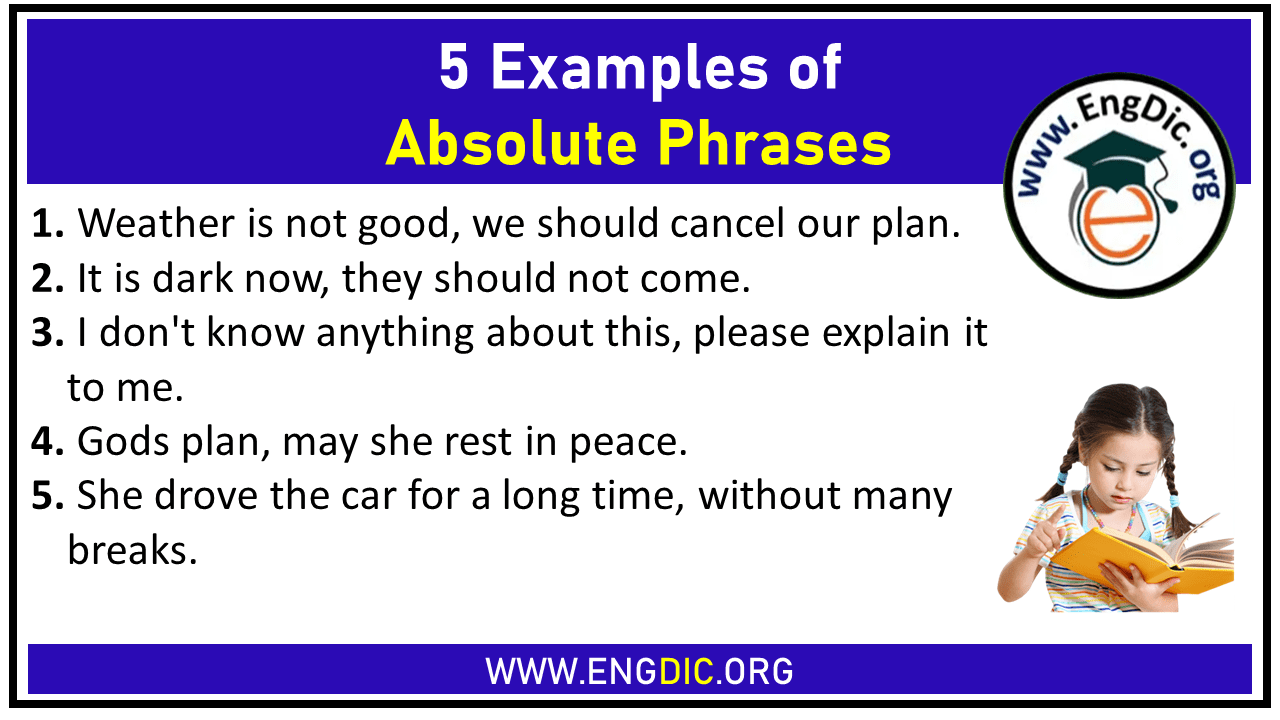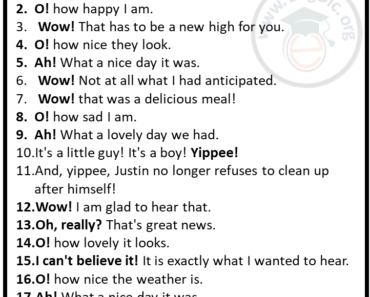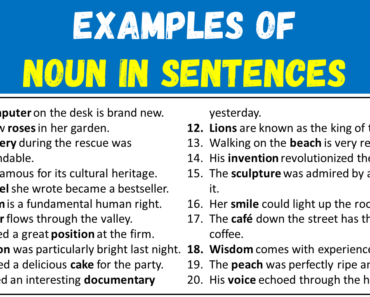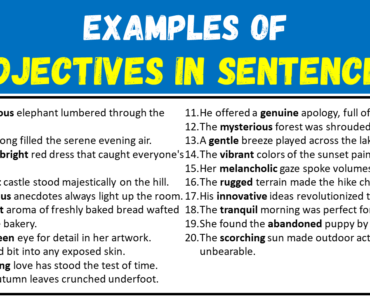5 Examples of Absolute Phrases!
What is an Absolute Phrase?
An absolute phrase is a grammatical construction that consists of a noun or a pronoun followed by a participle and any associated modifiers. It functions as a modifier to the entire sentence, rather than just a single word within the sentence.
An absolute phrase provides additional information about the subject or the action of the sentence. It is called “absolute” because it is grammatically independent of the rest of the sentence, meaning it doesn’t contain a subject and verb that connect it to the main clause.
For example: “The sun having set, we built a fire.” In this sentence, “The sun having set” is the absolute phrase, and it modifies the entire sentence by providing information about the time or the setting of the action in the main clause, “We built a fire.”
5 Examples of Absolute Phrases
Here are five examples:
- Her suitcase was packed, and Lily hurried to catch the last train.
- The sun dipping below the horizon, the sky blazed with colors.
- Eyes filled with tears, Sarah couldn’t help but smile at the happy news.
- Leaves rustling in the wind, the trees seemed to whisper their secrets.
- The deadline fast approaching, the team worked tirelessly to finish the project.







